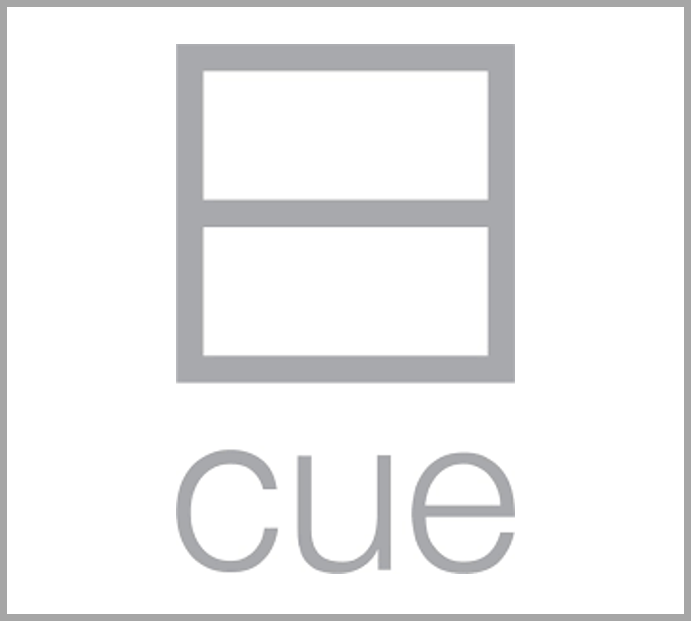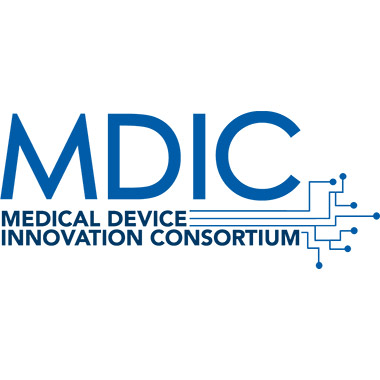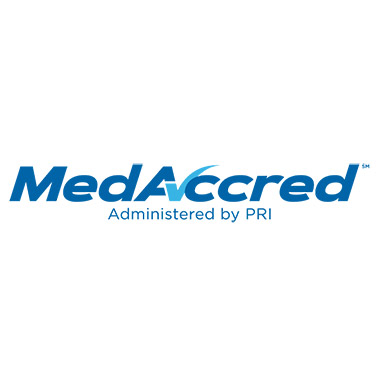
CUE Health lays off entire staff
San Diego-based medical tech company, Cue Health, announced Monday that it is laying off its entire staff. Similar industry reports indicate a complete shuttering of operations.

San Diego-based medical tech company, Cue Health, announced Monday that it is laying off its entire staff. Similar industry reports indicate a complete shuttering of operations.

“This report validates the broad applicability—and true value—of computational modeling and simulation as a critical engineering discipline. Tangible cost, quality and performance improvements are being realized by the early adopters.”

The purpose of the Best Practices in Supply Chain Resiliency and Quality Working Group is to improve medical device quality and supply chain resiliency by expanding MedAccred adoption through the tiers in the supply chain, identifying best practices to supplement efforts in quality assurance and procurement strategies, and to help mitigate supply chain risks.

Connectivity in medical devices creates new diagnostic and treatment opportunities, yet at the same time increases the risks of cyberattacks—including their consequences for patient safety and data privacy. Now the new IEC 81001-5-1 standard provides clear technical requirements for manufacturers and developers to ensure the cybersecurity of their products across their life cycle.

The FDA has granted several exemptions to its Medical Device Reporting requirements related to events identified in certain real-world data sources, such as medical device registries.

The draft guidance proposes updates to clarify how the Breakthrough Devices Program may be applicable to certain medical devices that promote health equity, as well as considerations in designating eligible devices that may benefit populations impacted by disparities in health and health care.

The updated guidance document clarifies what constitutes a statement of the basis for the deficiency and includes examples of well-constructed deficiencies and industry responses to facilitate a more efficient review process.

Life sciences companies have a lot of factors to consider when it comes to labeling. Understanding the global labeling regulations for patient safety and how enterprise labeling solutions can help companies achieve compliance while assuring speed to market, and labeling system validation and auditability, can save resources and reduce costly errors.

The goal of the TAP Pilot is to reduce the time from concept to commercialization of medical devices by facilitating robust engagement early in the process with the FDA, industry and key stakeholders.

The two new final guidances are intended to increase transparency to stakeholders on the FDA’s approach to the issuance and tracking of 522 orders and post-approval study requirements.